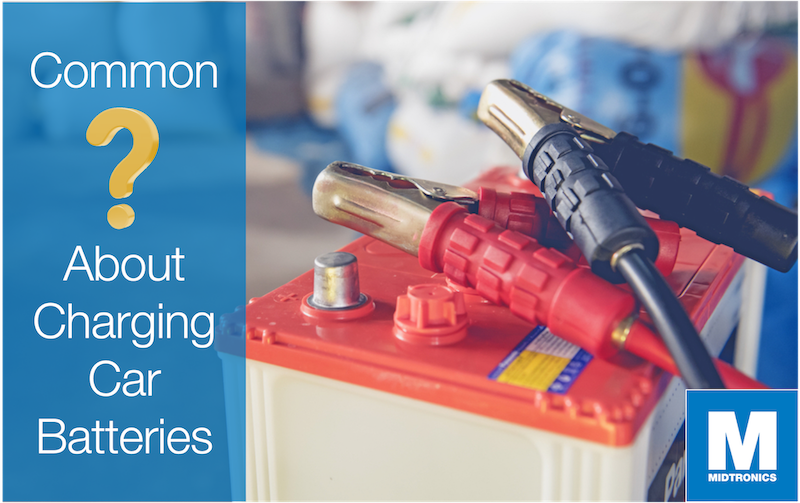Revving the engine does not charge the car battery faster. The alternator is responsible for charging the battery efficiently.
Revving the engine to charge the car battery faster is a common misconception among car owners. However, this is not the case as the alternator, not the engine, is responsible for charging the car battery. The alternator generates electricity while the engine is running, which in turn charges the battery.
Revving the engine unnecessarily can actually cause damage to the electrical system and reduce the lifespan of the alternator. It is important to rely on the alternator’s mechanism to charge the battery effectively and maintain the overall health of the vehicle’s electrical system.
Credit: www.quora.com
The Relationship Between Revving The Engine And Charging The Car Battery
Understanding how a car battery charges and the effect of revving the engine on the charging process is crucial for maintaining a healthy battery. In this article, we will explore the relationship between revving the engine and charging the car battery, discuss the factors that influence battery charging, provide best practices for charging a car battery, and suggest other ways to ensure a healthy battery.
How Does A Car Battery Charge?
A car battery charges through a process called ‘alternator charging’. Whenever the engine is running, the alternator converts mechanical energy generated by the engine into electrical energy, which is then used to power the various electrical components of the vehicle, as well as to charge the battery.
Does Revving The Engine Affect The Charging Process?
Revving the engine can have some impact on the charging process of the car battery. When the engine is revved, the alternator spins faster, resulting in a higher electrical output. This increased output can help charge the battery faster, especially if it has been partially drained.
Factors That Influence Car Battery Charging
Several factors can influence the charging rate of a car battery, including:
- Battery condition and age
- Alternator output
- Engine speed
- Electrical load
- Temperature
It’s important to note that while revving the engine can contribute to faster charging, other factors also play a significant role. For example, a weak or old battery may not charge efficiently, regardless of the engine speed. Similarly, excessive electrical load can hinder the charging process.
Best Practices For Charging A Car Battery
To ensure effective charging and prolong the life of your car battery, follow these best practices:
- Ensure the battery is in good condition and properly connected.
- Avoid deep discharges by minimizing the use of electrical accessories when the engine is off.
- If the battery is fully drained, use a smart charger to recharge it slowly and safely.
- Avoid jump-starting the vehicle frequently, as it can strain the battery and affect its lifespan.
- Regularly inspect and clean the battery terminals to prevent corrosion and maintain good electrical connections.
Other Ways To Ensure A Healthy Car Battery
In addition to revving the engine and following best practices for charging, you can take other measures to maintain a healthy car battery:
- Park your vehicle in a shaded or covered area to minimize exposure to extreme temperatures.
- Turn off all electrical accessories before shutting off the engine to reduce the load on the battery during startup.
- Regularly inspect the battery for signs of damage, such as cracks or leaks, and replace it if necessary.
- If your vehicle will not be used for an extended period, consider using a trickle charger to maintain the battery’s charge.
Credit: www.quora.com

Credit: www.midtronics.com
Conclusion
After exploring the idea of revving the engine to charge the car battery faster, it’s clear that this method is not effective. It’s important to rely on proper charging methods to ensure the longevity and efficiency of your car battery.
By understanding the mechanics, you can make informed decisions about maintaining and charging your car battery for optimal performance.